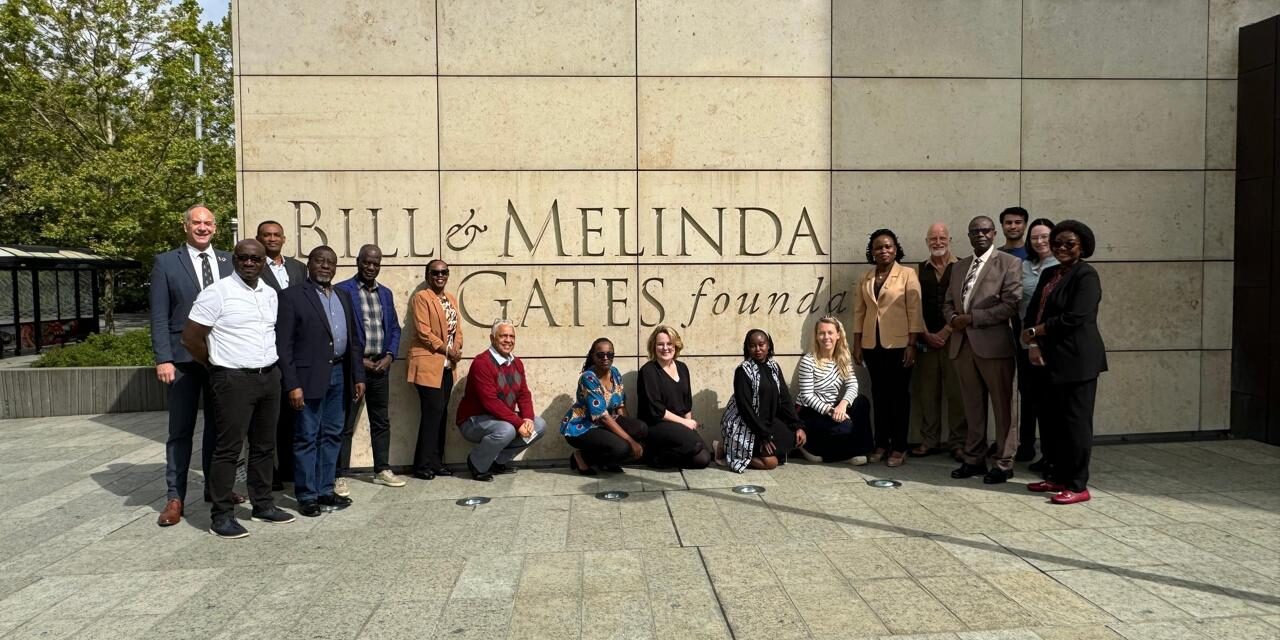In the quest to combat malaria, the University of Pretoria’s (UP) Faculty of Health Sciences has emerged as a beacon of hope. Under the visionary leadership of the faculty dean, Prof. Tiaan de Jager, the university has launched a comprehensive initiative to tackle this perennial challenge. With the support of the Bill and Melinda Gates Foundation, UP’s Institute for Sustainable Malaria Control (UP ISMC) has pioneered a transdisciplinary approach, addressing not only the medical aspects, but also the crucial elements of management and leadership. In an exclusive interview with Prof. de Jager, PDBY has uncovered the inspirations, successes, and future plans of this groundbreaking endeavour.
What inspired the university to focus on malaria control?
Malaria has long been a challenge, often addressed through vector control. However, we recognised the need for a more integrated and transdisciplinary approach. The UP IMSC stands out for its comprehensive strategy, addressing not only the mosquito vector and the malaria parasite, but also enhancing management and leadership capacities crucial for sustained impact.
How did the collaboration with the Bill and Melinda Gates Foundation help?
Applying for the grant from the Bill and Melinda Gates Foundation was a major step. It allowed us to expand our training efforts across elimination-aid countries in Africa, focusing on empowering malaria control program managers and senior officers in governance and leadership. Our collaboration with GIBS and the Albert Luthuli Leadership Institute also contributed significantly, bringing in expertise to build strong leadership skills. Their support has been instrumental in advancing our goals toward malaria elimination. The networking opportunities between participants from different countries have been invaluable, breaking down silos and encouraging collaboration. Each participant is required to complete a project relevant to malaria control, guided by mentors and supervisors. These projects will make a significant contribution towards malaria elimination in their respective countries.
What challenges and future plans lie ahead?
One challenge is the language barrier, particularly with Portuguese-speaking countries like Mozambique and Angola. For the first time, we have been offering courses simultaneously in English and Portuguese, and it has been working well. Furthermore, we plan to expand into new regions like French-speaking Madagascar, ensuring [that] our programs are culturally and geographically sensitive. Future plans involve deepening our partnerships with institutions like Strathmore University and [the] University of Macquarie to extend our reach across Africa, ultimately aiming for comprehensive malaria leadership capacity across the continent.
Have you visited any of the countries involved in the malaria initiative?
Yes, I have visited several countries, with my most recent visit being to Angola where we had a highly successful meeting with the previous and new participants of phase two of our leadership program. We had [a] high-level support, with the Secretary of State and the Minister of Health attending, which showed [a] strong governmental backing. Our next visit will be to Mozambique, and we are planning to meet with their Ministry of Health and other participants to ensure we address their specific needs. After that, Madagascar will be our focus.
Are there opportunities for UP students to get involved in this initiative?
Absolutely. We encourage student involvement in all our programs and projects. Currently, we are looking for a PhD student to help measure and evaluate our leadership program’s effectiveness. Several former participants in the course are now pursuing their PhDs with us, including senior figures from the malaria control programs in South Africa. As a research institution, we welcome students from all levels, as their contributions are vital to achieving our goals for malaria elimination.
As the malaria control initiative continues to gain momentum, it is clear that the institution is committed to making a lasting impact. Through its innovative approach, leadership development programs, and student engagement, the Faculty of Health Sciences is cultivating a new generation of malaria control champions. With plans for expansion and deepened partnerships, the future looks bright for this critical mission. As Prof. de Jager emphasises, the ultimate goal is to create a comprehensive malaria leadership capacity across Africa that will bring hope to countless communities ravaged by this debilitating disease.
Jason Visser
Originally posted on the PDBY website: Taking the Fight to the Pests in Flight: Part 2









